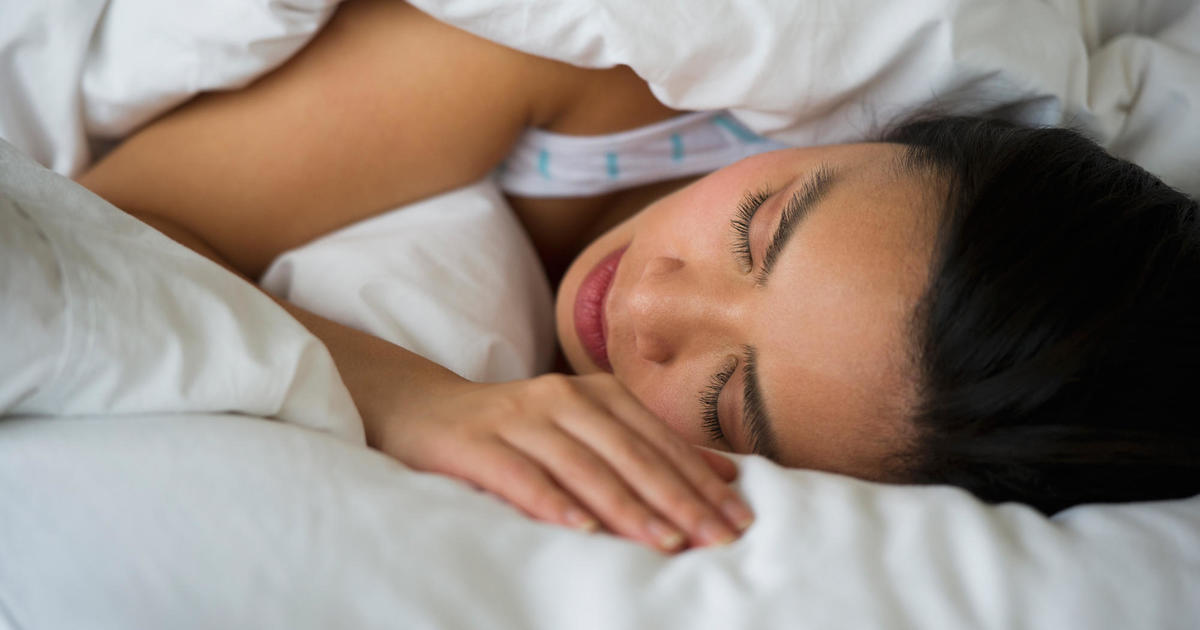

No response returned

Can noise help you sleep? It may seem contradictory, but is rising in popularity — and experts say there's a good reason.
In an interview with TheNews Friday, Dr. Jeffrey Ellenbogen, neurologist and director of The Sound Sleep Project, a research initiative, said white, brown and even pink noise are all examples of "sound masking."
"Sound masking is one tool in a large toolbox that you have of things available to sleep in a noisy environment," he said, explaining our brains can respond positively to hearing these sounds, which can help mask other unpleasant noises.
"If we have noises in our environment while we're sleeping, we're going to really get perked up to them... Our brains are keyed in to attend specifically to sharp changes in the environment because those are the threats," he said. "So what sound masking does, it introduces a broad, calm, consistent, a bit gentle (sound) in the background that can make it so you can't quite pick out those noises that are still there."
White, brown and pink noise all have a slightly different sounds.
"White noise has kind of a 'hiss' sound," Ellenbogen said. "A lot of people actually don't love that one."
Brown noise takes away some of that high frequency sound and resembles more of an ocean wave, while pink noise may resemble the sound of raindrops while sitting in a tent.
Feeling calmer already by the idea of these sounds? You're not alone. White noise podcasts account for on Spotify, according to a report from Bloomberg. Listeners were tuning in so much that earlier this week, the music streaming service considered , according to the report, after the company determined the removal would boost its annual gross profit by $38 million.
You can also get the benefits of white, brown and pink noise from sleep sound machines, like ones commonly used for lulling babies to sleep by drowning out other sounds in the house.
In May, spoke to psychologist Matthew Ebben, whose research showed that people who used these machines not only slept better generally but also fell asleep faster. Spencer reported noise is among the reasons one in three
If you're interested in giving sound masking a try, Ellenbogen suggested simply getting started.
"I encourage people to just listen to it," he said. "Find one you like and then get smart about how to introduce that. Get curious and smart about how to protect your sleep in noisy environments."




